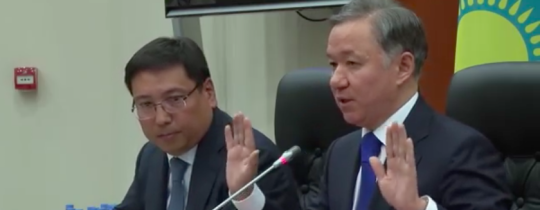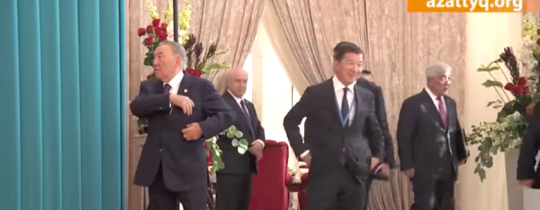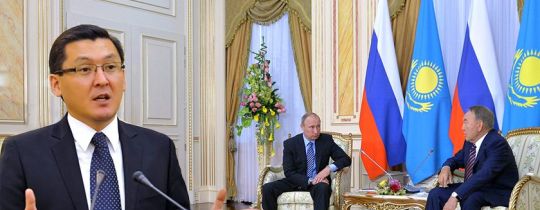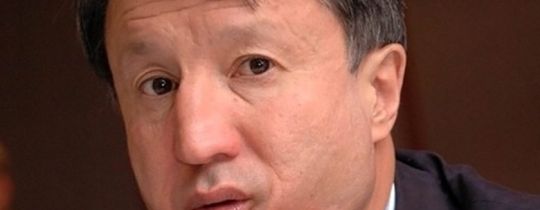One of the many problems facing Kazakhstan is the high level of abuse of work authority from the high-ranking officials. The reason is the dramatic decrease of the feedng trough due to crisis, while the domestic policy instability pushes people with access to the proverbial trough to try to “fill themselves up” before they are removed from their positions.
Today the society and the media in Kazakhstan are watching closely the upcoming takeovers of Kazkommertsbank by Halyk Bank and of TsentrKredit Bank by Tsesnabank. It is obvious, however, that these are not isolated events and practically all existing Kazakh banks are experiencing sectoral problems.
In our previous articles, we have noted that Kazakhstani regime’s war against corrupt officials, embezzlers and individuals who abuse their employment status had risen to the level of repressions and has a clear political motivation that often prevails over the legal part of individual criminal cases.
There is word in Astana that Adilbek Dzhaksybekov, Head of Nazarbayev Administration, has handed in resignation due to health issues. They also say that Nazarbayev is much displeased with the work performance of the government and may appoint a new prime minister.
The press and social media are now extensively discussing Imangali Tasmagambetov’s appointment as Kazakhstan’s Ambassador to Russia. His predecessor Marat Tazhin has returned to Astana as the First Deputy Head of Nazarbayev Administration. The opinions offered by the disputants are widely dispersed (even among the political scientists). Some believe this appointment is nothing but a political disgrace while others think it may be Tasmagambetov’s own maneuver, non-transparent to the casual observer.
The arrest of the former deputy head of the presidential administration of Kazakhstan, Baglan Maylybaev, for the disclosure of government secrets, had caused an explosive effect in the country. For the first time, a government official of such high- rank, has been arrested for a political crime. Moreover, he was not an ordinary government official for that matter, but one who for the longest time, was almost solely responsible for the implementation of all ideological and domestic policy work in the republic. This fact alone calls for a detailed analysis of a nature and results of his work.






